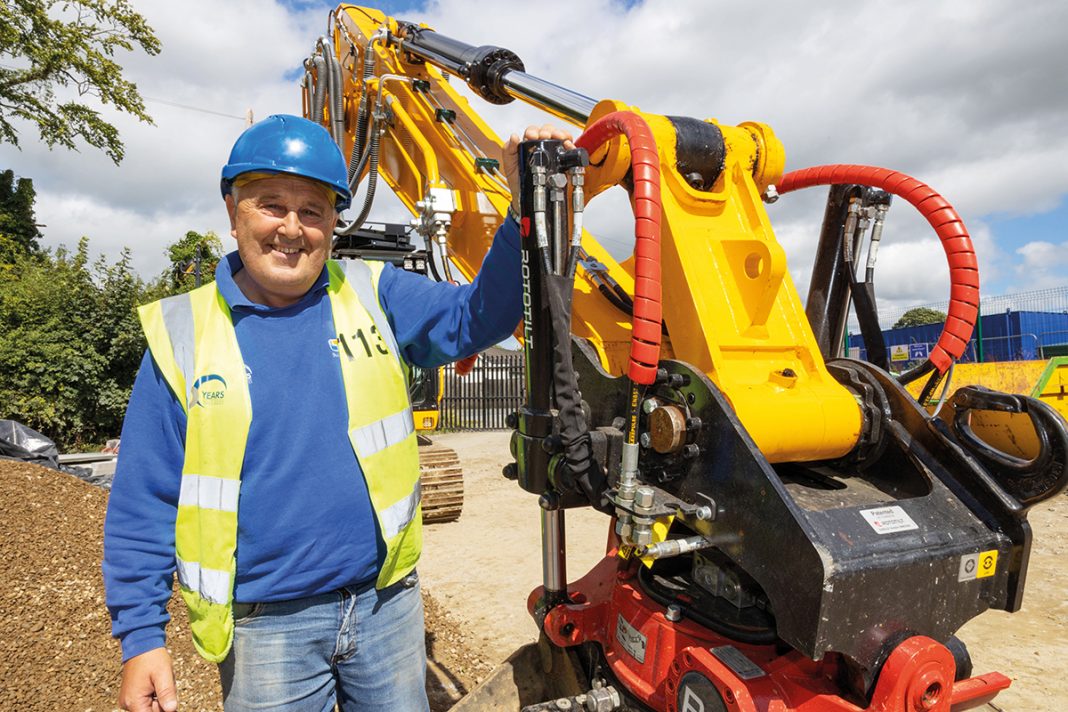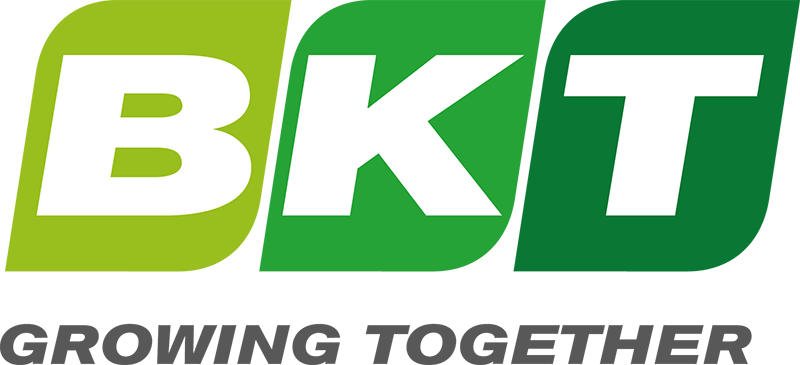![]()
Tyrone-based contractor Lowry Construction has built up an impressive portfolio of Rototilt tiltrotators, fitting no less than 11 units to his diggers in recent years, making the company the No1 Rototilt customer in Ireland. Gary Ashe reports.
Founded in 2011, Tyrone-based Lowry Construction is an enthusiastic tiltrotator user. The company uses Rototilt models ranging from its smallest R1 tilty, across the board right up to R6 units depending on the machine tonnage. I went to a site in Castlederg to see one of Lowry’s new JCB 131 XLC excavators in action using a Rototilt R4 with a Scott bucket and spoke with operator Bert Catterson about what he likes about using the unit.
“At the start there is a learning curve,” says Bert, “but once you get used to it there’s no going back. If you get on a machine with no tiltrotator on it your thumbs start doing the actions on the controls through habit and then you remember you don’t have that facility.”
The R4 is attached to one of Lowry’s brand new JCB’s, a 131X LC 14 tonne tracked excavator. Bert is a fan on the JCB. “It’s a very nice,” he conforms. “It is a very smooth digger to drive with plenty of power. The last digger I was on had a double hitch, so she had a quick hitch and then a tiltrotator attached on to that which would make the digger very unbalanced but with this Rototilt attached directly to the digger, its much more balanced.”
What goes around
Rototilt tiltrotators all do pretty much the same job, the different models are essentially there to suit different sizes of machine.
The Rototilt tiltrotator turns any kind of excavator into an extremely efficient and versatile machine.
Available for all tracked and wheeled excavators from two to 30 tons, with various control systems such as ICS fully proportional control, or TLE 4 pipe systems using the machines’ own hydraulic lines.
Added extras such as gripper modules, QuickChange couplers and high flow swivels mean the Rototilt can be customised to suit most needs. Machine customisation such as track control, wheel control, boom offset etc can also be catered for.
I spoke to Aiden O’Neill from Rototilt dealer Cullion Plant Services in Dungannon and asked him why customers go for Rototilt? “They choose them for a number of reasons,: he says. “Depending on the work they’re doing they may purchase a Rototilt to save costs and time but Rototilt are the only tiltrotator manufacturer to have an oil-filled rotor housing and they are a very strong unit which means much smoother operation for the driver.”
The worm gear works best if immersed in an oil bath. An oil-filled rotor housing provides maximum lubrication and minimal wear and tear, which equates to a very long service life. Oil is significantly better than grease at extreme temperatures, and provides better and simpler handling when servicing.
“We are also local so our back up and support service is superior,” argues Aiden. “We’ve been selling Rototilts for over eight years now so we have a huge knowledge base and experience in this field.”
Rotation sensor
Th e updated Rototilt models feature a new rotation sensor in the end section that enables more accurate positioning. A big advantage is that you can use the ICS smart control system, the automatic QuickChange coupler and the award-winning SecureLock safety solution – all in one unified system.
With QuickChange on both the tiltrotator’s attachment frame and the quick coupler beneath, you can automatically connect or disconnect your tiltrotator or tools for the job at hand without even leaving the cab. You can also mount your tiltrotator directly on the machine fto enable quick change of hydraulic tools. The SecureLock safety solution is integrated with the quick coupler.
About Lowry
Lowry Construction Ltd was established in 2011 following the division of Lowry Brothers Ltd, a well established, respected and highly regarded construction company in Castlederg, Co Tyrone. Lowry Brothers had been in business for over 50 years. The company has grown steadily since inception, servicing the private and public sectors, including social housing, demolition and civil engineering, community, education and healthcare throughout the North and South of Ireland.
























